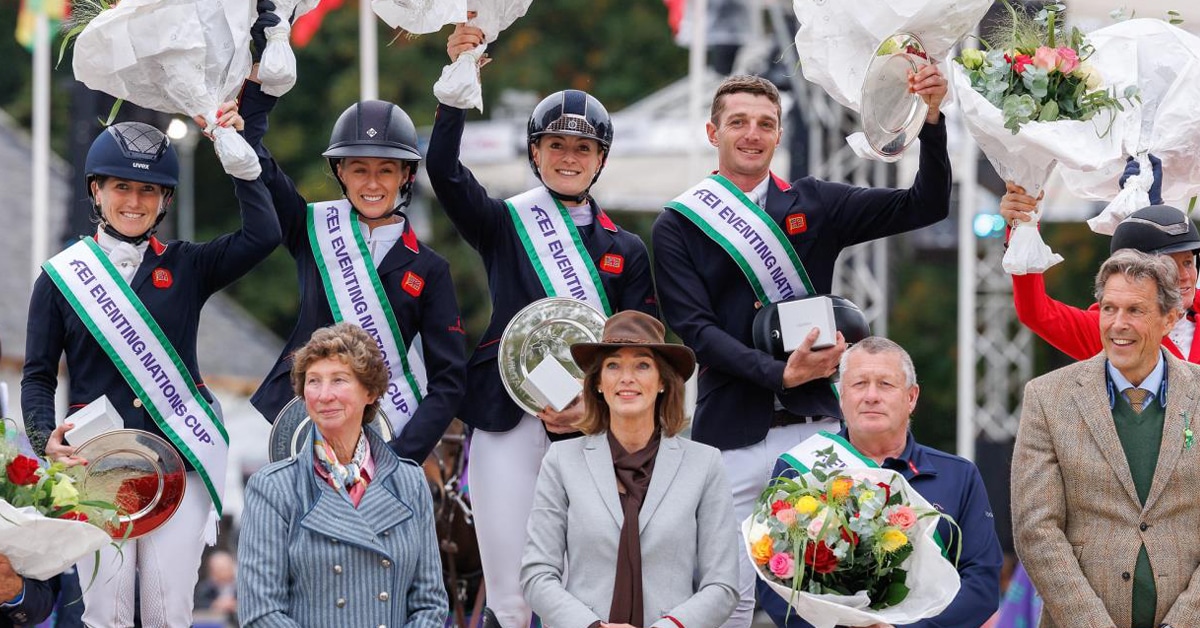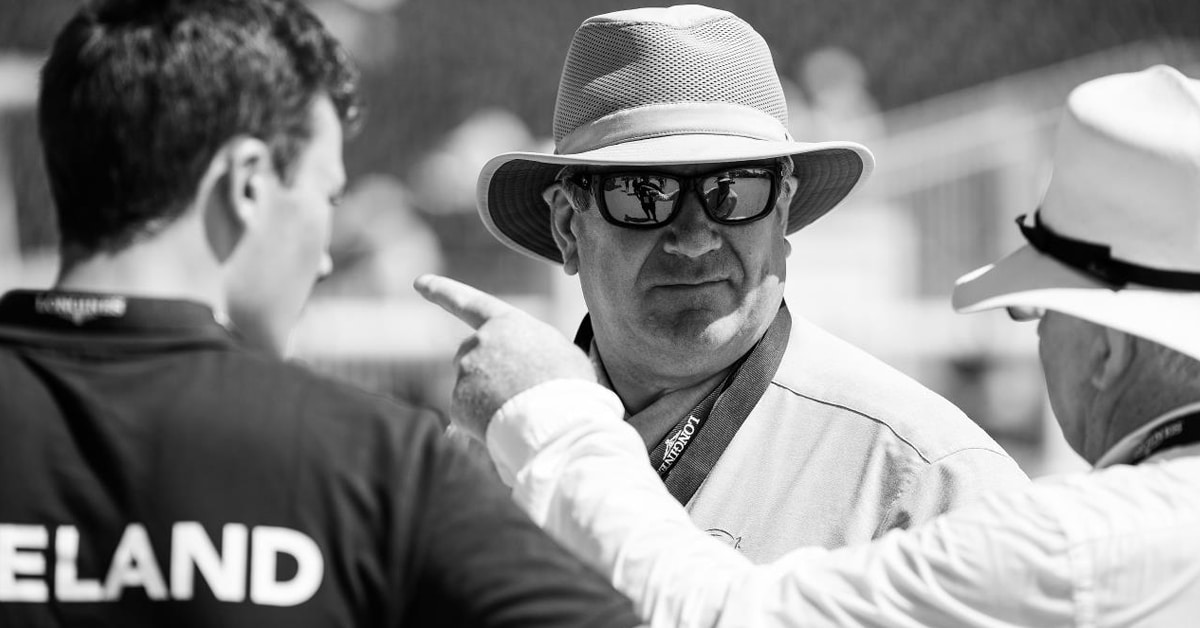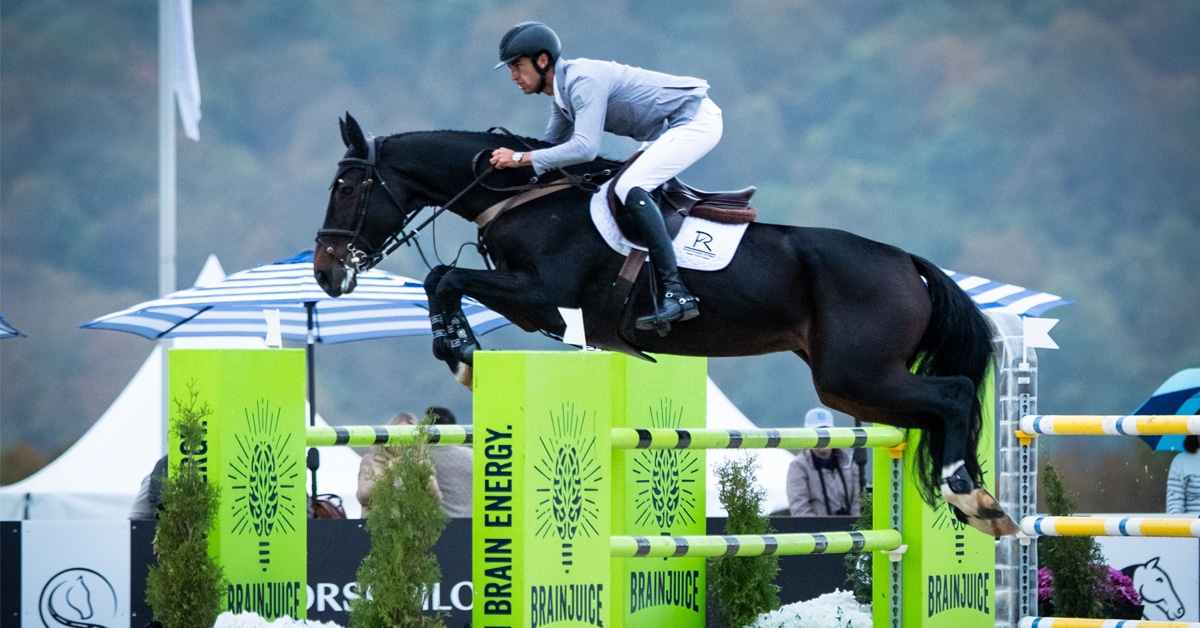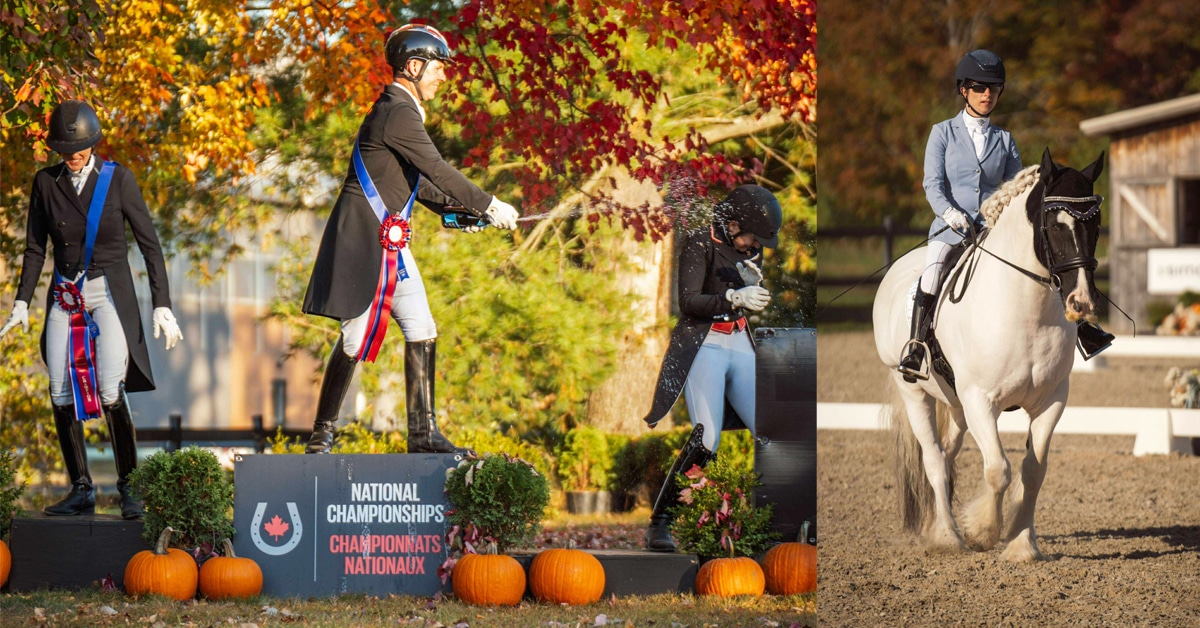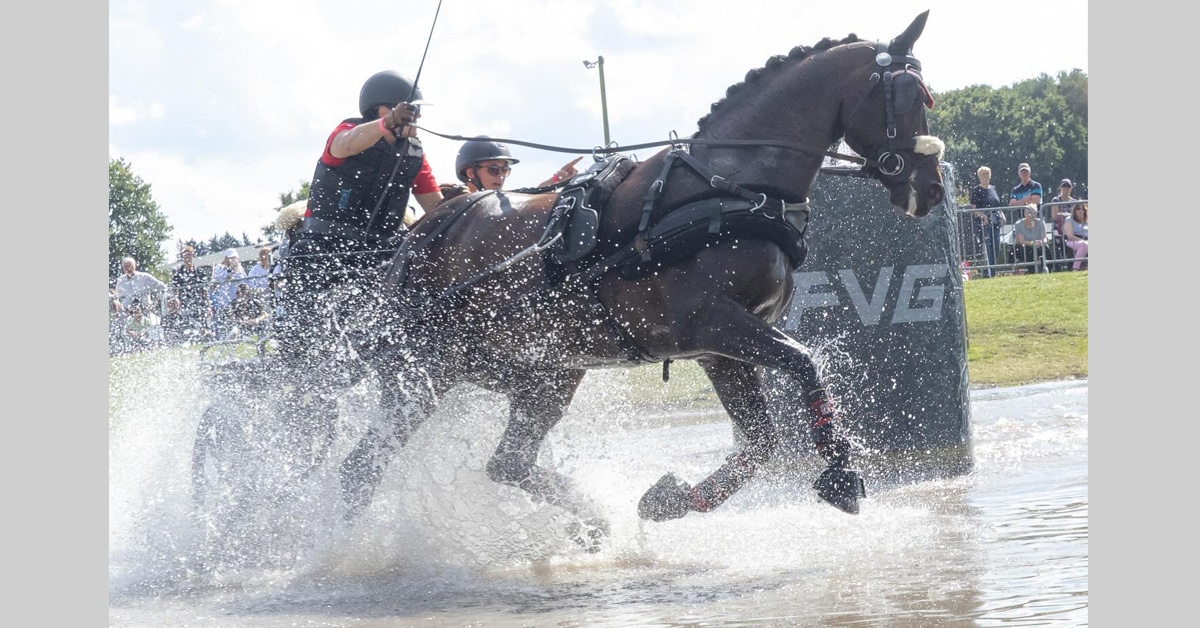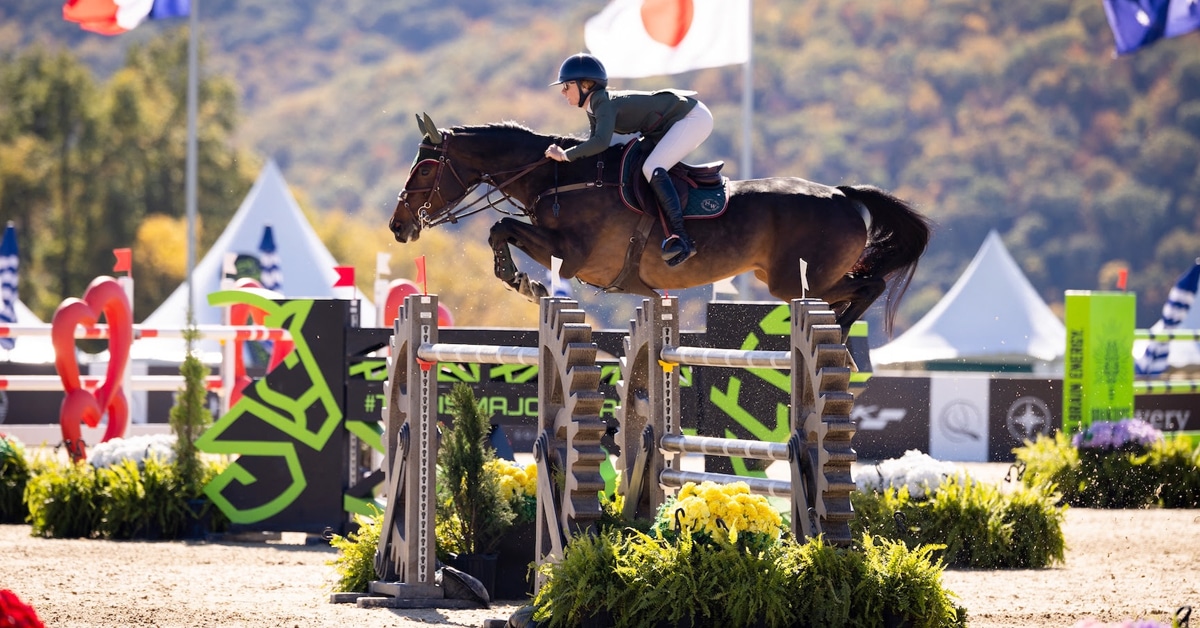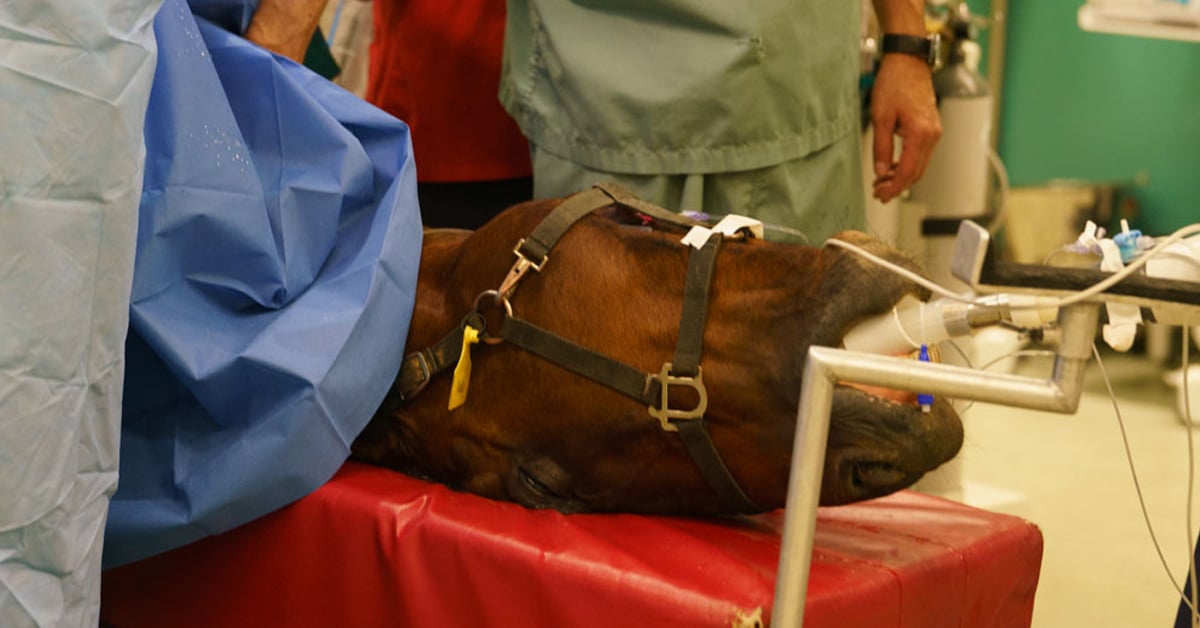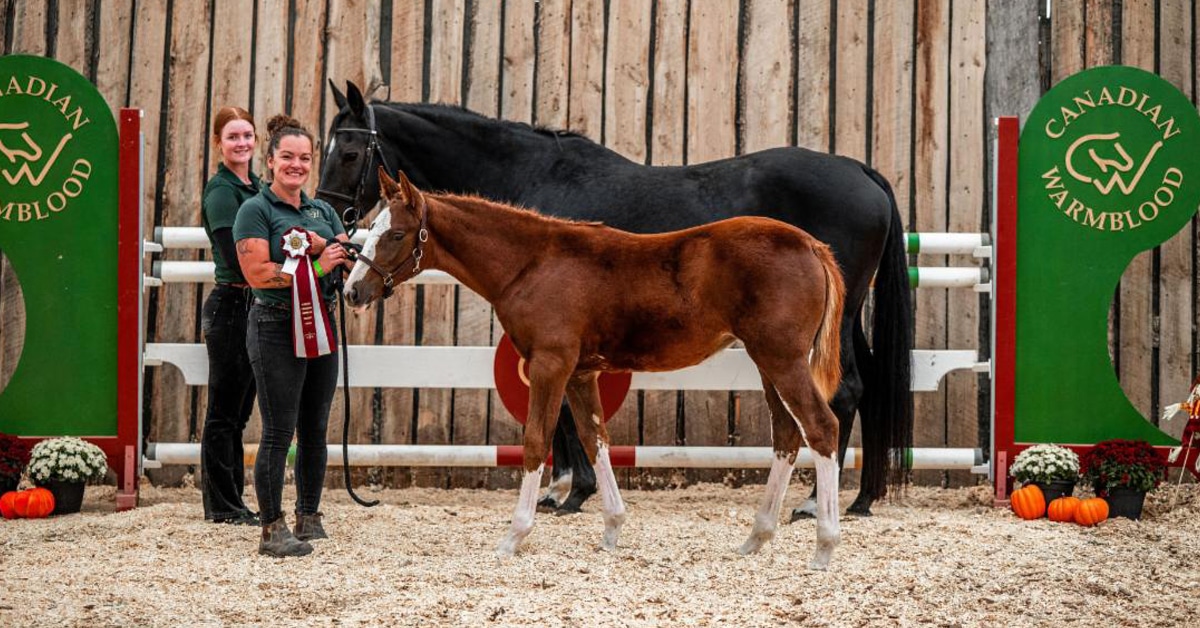Coaches are the backbone of Canadian equestrian activity and sport, fundamental to its growth and future. But coaches are often challenged for time and have limited access to support their own continuing education, a situation made even worse by the pandemic.
“It can be problematic to find the time to further your training. But it’s an investment in yourself and your program,” said cohort coach participant Liz Steacie of Brockville, Ontario. “We need to continue learning because when we know better, we do better. Having this new certification is an incredibly valuable resource.”
Understanding the barriers, in mid-2021, Equestrian Canada (EC) initiated a pilot program to help an inaugural cohort of coaches achieve their National Coaching Certification Program (NCCP) Competition Development: High Performance 1 (HP1) Certification. The content was built in a remote environment where participants were able to join from across Canada.
“One of the most beneficial parts was the format of the program,” shared Steacie. “Having a cohort of people go through it together; we had time to chat in zoom calls and help each other.” In addition to the support, Steacie also felt a lot of learning happened peer-to-peer. “Getting to know other people was almost as valuable as the content,” she continued. “There were so many gifted participants to learn from, each sharing experiences. We built a small community of people working together towards shared goals.”
Learn about the HP1 Certification process, eligibility requirements and 2nd pilot cohort at an information session on Thursday, April 7, at 2 PM ET.
Please note you must be signed into ECampus in your MyEC account to register.
Have difficulty signing in? Watch this quick tutorial video.
Charting the course was Master Coach Developer Ruth Allum. As a coach, Allum’s commitment is to the total physical and mental preparation of both the rider and the horse. Having competed herself at the Preliminary level in Eventing, Ruth combines her real-life experiences with formal training as an EC certified coach and has taken students from beginner levels to high levels of international competition.
As she reflected on the training, Allum celebrated its benefits and the successes of its participants. “With both multi-sport and equestrian specific modules embedded into the experience,” she said, “the coaches involved rose to the challenge not only expanding their expertise, but also to come together to ensure that they continue to build the most appropriate athlete centered strategies into their plans.”
Representing coaching excellence in Canada, the NCCP, provides standardized, inclusive, and safe sport education to coaches and coach developers across a multitude of sports. EC is one of 65 national sport organizations delivering it. Programs are organized into contexts that are reflective of the age, stage, and the stream of sport that participants are engaging in. In the NCCP Competition Development context, adolescents and young adults are coached to hone and advance their skills and to find tactics needed at upper-level competition. The HP1 certification is an advanced certification for coaches working with competitive athletes aspiring to compete internationally.
Steacie had initially accessed the program to fulfill the new coaching requirement at EC sanctioned competitions for the 2022 season but found after it started, that it offered her more than that. “Even after 50 years of coaching, I have new things to learn,” she explained. “I really became quite interested in the multi-sport aspects, things we don’t pay much attention to in equestrian as we are so focused on training the horses. It was very athlete centric and offered valuable skills that are important to continue to learn for any coach.”
“The coaches from the group are congratulated for their time, effort and commitment to advancing their knowledge and to quality coaching,” said Anna Johnson, EC’s Manager, Sport Development. “And of course, successfully completing the requirements to become certified within the NCCP Competition Development context!”
Newly Certified NCCP Competition Development:

Maude Boulanger-Boucher (Mirabel, QC) – Jumping
Karin Davies (Manchester, ON) – Dressage
Jayne Essig (Nanoose Bay, BC) – Dressage
Jon Garner (King, ON) – Jumping
Lizzie Gringa (Saanicton, BC) – Jumping
Cheryl Keith (Duncan, BC) – Jumping *
Julie LaForge (Schomberg, ON) – Dressage
Liz Steacie (Brockville, ON) – Dressage
Jill Stedman (Morriston, ON) – Dressage
*Achieved certification individually
Key to the success of the program were Allum, along with two NCCP Coach Developers (CDs) Wendy Johnston and Trish Mrakawa and Dressage Technical Lead, Christilot Boylen. CDs are experienced coaches trained to develop, support, and challenge coaches in training. They help coaches hone and improve their knowledge and skills so they can provide positive and effective sport experiences. CDs can play any of three roles: Learning Facilitator who trains the coaches to coach at all levels; Coach Evaluator who evaluates coaches and guides through the certification process; and/or Master Coach Developer who trains, mentors, and evaluates coach developers.
Share your experience – become a Coach Developer! Click here to apply
“Licensing and coaching certification is a necessary step forward if we are to keep up to other countries, and advance our future athletes,” said six-time Olympian Boylen. “What we are striving for is a clean-cut program with clear outlines and directives, that in the future will mean that equestrian athletes on the west coast are learning the same fundamentals as athletes from Ontario, or the Maritimes.”
The team of CDs and Boylen were instrumental in facilitating the delivery and evaluation throughout the pilot cohort. Their involvement and dedication to the program gave each participant the knowledge and expertise to advance their coaching career. Allum expressed, “it was an opportunity to enhance their existing programs with the training offered within the pilot.”
The remote program delivery seemed to work for participants trying to juggle the demands of equestrian life from across the country. “All of the modules were done remotely over zoom, and personally I loved the format,” Steacie shared. “I didn’t have to go anywhere; modules were done in the evening and late afternoon, and I could schedule my life around it. Doing the evaluations by video was a bit of a pain, but it was fine.”
To better understand the efficacy of the pilot delivery model, EC contracted third party Mosaic Engagement to conduct a thorough and objective review of the pilot. Mosaic conducted virtual interviews and gathered confidential data, with all interviewees to form a robust assessment. The feedback from the review has been taken into consideration to inform future iterations of the program and to implement improvements prior to beginning a second cohort.
Please click here to see the final report and findings from Mosaic.
The process for the second pilot cohort will start with an information session on Thursday, April 7, at 2pm EST. “The purpose of the webinar is to provide more information regarding the program, training, certification process and eligibility requirements to participate. Based on the interest, we will establish the schedule for the next cohort offering,” said Johnson.
EC is also looking to hear from individuals who may be interested in supporting the development and delivery of this certification program as Coach Developers or technical advisors. “We are seeking individuals who have a high level of experience,” Johnson explained, “a track record of success with athletes at the national and international level, and that have a desire to contribute to the training and development of the next generation of coaches.”
Allum is enthusiastic for another group of coaches to start the program. “As we move into the second HP1 Cohort Pilot,” she said, “I am excited to once again watch coaches take up the challenge of enhancing their programs with the opportunity to learn from each other, the Coach Developers, Content Specific Experts and from the content embedded into the curriculum.”
From the coach participant perspective, Steacie offered her advice for anyone thinking about taking the certification. “I would say absolutely do it! I started it for pragmatic reasons and continued because it was the right thing to do,” she advised. “It was a bit arduous, and at the beginning hard to adjust to going ‘back to school,’ but it was good. The evaluators were excellent and very helpful. It made me a better coach.”
Interested in learning more?
Register here for an information session on Thursday, April 7, at 2pm EST to learn about the NCCP Competition Development HP1 Certification process, eligibility requirements and 2nd pilot cohort process.
Want to become a Coach Developer?
Individuals interested in supporting the development and delivery of EC’s NCCP Competition Development: High Performance 1 program can be involved as a Coach Developer. Express your interest here.
More News
